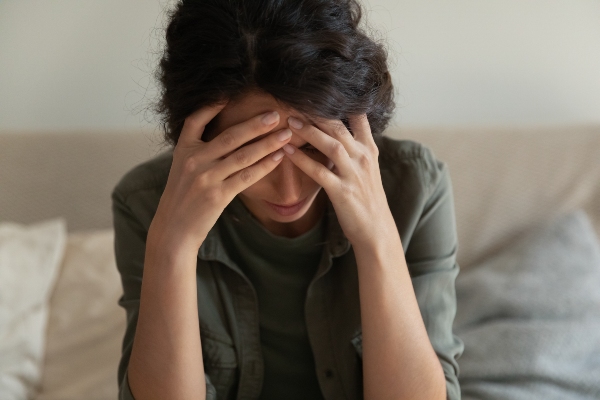 Electroconvulsive therapy (ECT) involves the application of tiny electric currents to the brain to induce a short seizure. ECT appears to reverse the symptoms of some mental health disorders by altering brain chemistry. Therefore, a psychiatrist will recommend ECT after other therapies have failed, especially when the entire course of treatment is administered.
Electroconvulsive therapy (ECT) involves the application of tiny electric currents to the brain to induce a short seizure. ECT appears to reverse the symptoms of some mental health disorders by altering brain chemistry. Therefore, a psychiatrist will recommend ECT after other therapies have failed, especially when the entire course of treatment is administered.
An overview of Electroconvulsive Therapy
Early therapies of ECT were based on administering intense amounts of electricity without anesthetic, which led to memory loss, shattered bones, and other dangerous adverse effects. This situation contributed mainly to the stigma associated with the condition. Nowadays, ECT is substantially less risky than it ever was. Electric currents are now administered in a clinical environment to get the most value out of ECT with the least amount of danger, which may reduce some potential for adverse effects.
ECT causes seizures through electrical stimulation to the brain. The episode alleviates depression symptoms for reasons medical professionals do not fully grasp. ECT does not alter brain structure in any way.
The treatment often requires a hospital stay, while outpatient procedures are becoming more common. First, the medical professionals will administer a general anesthetic to induce sleep during the process. Patients will usually feel zero sensation. The doctor may also provide muscle relaxants. Next, the mental health professional will place electrodes on the patient's scalp that sends a current through them. An electrical shock induces a short seizure. Medications curb the outbreak, preventing any physical movement. A few minutes later, patients will wake up without recollecting the procedure.
There is no set number of sessions needed to get started. However, six to twelve sessions spread out over many weeks at two to three weekly intervals are common. After the first treatment, patients will require further ECT procedures and depression medication and counseling to prevent depression relapse.
The effectiveness of ECT
According to studies, many persons with treatment-resistant depression benefit from ECT. For example, research published in the medical journal Acta Psychiatrica Scandinavia examined the effectiveness of antidepressants vs. electroconvulsive therapy (ECT) in treating treatment-resistant depression. About 71 percent of patients who had ECT saw improvement in their condition within two to three weeks. However, after four weeks, only 28 percent of patients using antidepressants showed improvement.
Most people who undergo ECT experience short-term memory loss. Still, there are reports of patients who experienced long-term memory loss. Medical professionals do not recommend ECT for patients with cardiac conditions since it produces a temporary increase in heart rate and blood pressure. Before beginning ECT, a patient must have a physical examination and standard laboratory tests, such as an electrocardiogram (ECG), to ensure that they are in good health and can undergo the therapy without risk.
Conclusion
Although ECT is effective in many cases, without further therapy (such as medications), around half or more of those who undergo it may relapse within a few months. To avoid a relapse, your psychiatrist may recommend antidepressant medication or extra "maintenance" ECT treatments at regular intervals. Book an appointment today to learn more.
Request an appointment or call Future Psych Ketamine Clinics at 843-788-9718 for an appointment in our Myrtle Beach office.
Recent Posts
Chronic headaches can be debilitating, interfering with day-to-day activities, work, and quality of life. While occasional headaches are a common experience, persistent and frequent headaches may indicate an underlying condition that requires attention. Psychiatrists can assist patients in managing chronic headaches, particularly when stress, anxiety, depression, or other mental health factors contribute to the condition.…
In recent years, telemedicine has provided accessible healthcare to people nationwide, particularly in psychiatry and other mental health services. This approach to care makes mental health services more accessible and convenient for patients and medical professionals. Through telemedicine, psychiatrists can overcome traditional barriers to patient care while cultivating meaningful connections.One of the most significant benefits…
Psychiatric evaluations are clinical interviews that occur during a first appointment with a psychiatrist. These evaluations are essential tools in mental health care. They can help psychiatrists build effective treatment plans tailored to each patient's unique needs. Here is how psychiatrists utilize psychiatric evaluations to diagnose, treat, and support their patients.A psychiatric evaluation is a…


